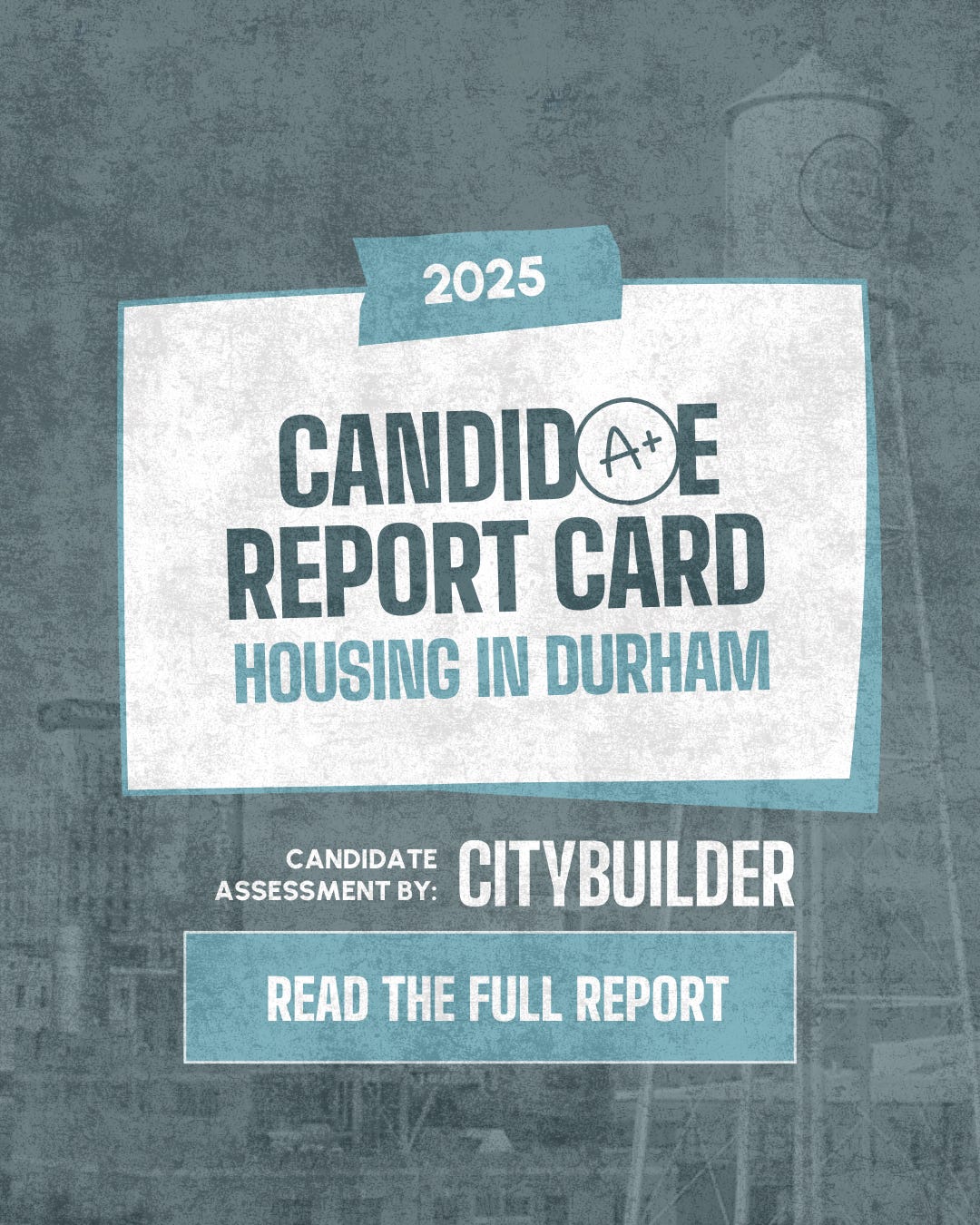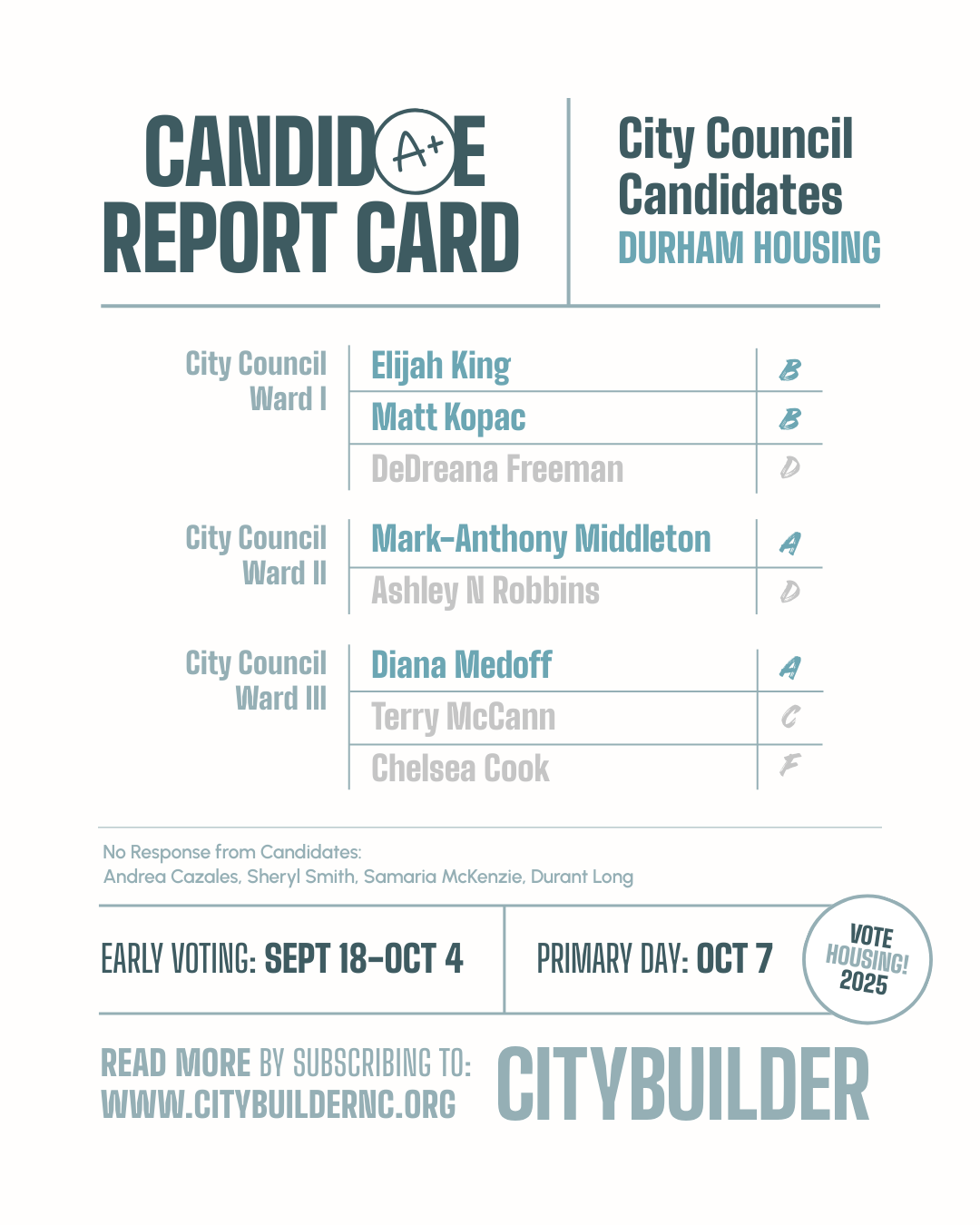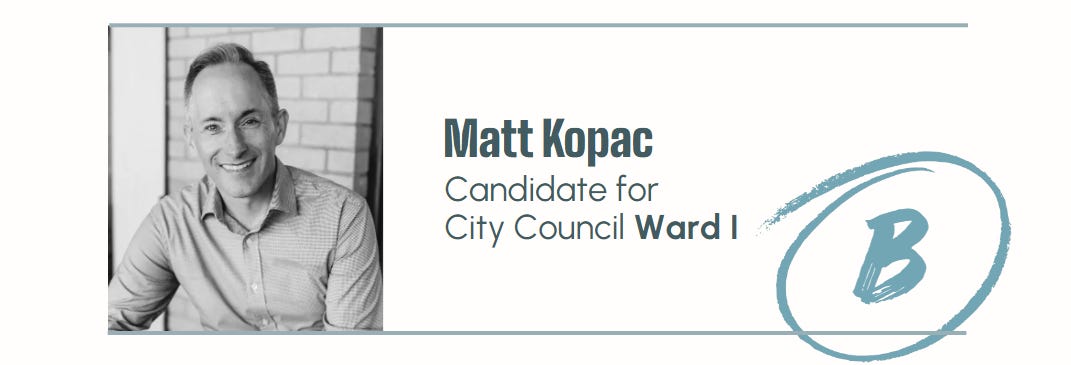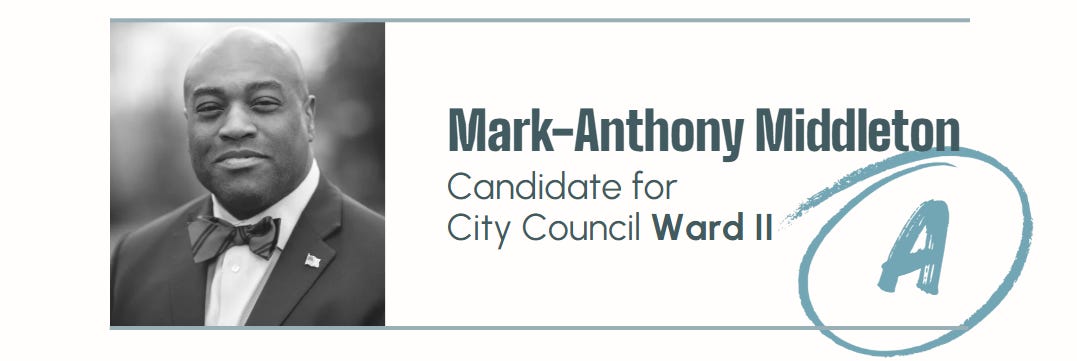Durham City Council Election: Report Cards Are In
Our housing report cards show which candidates earned top marks, and who failed.
Every election shapes the kind of city we live in. As we wrote in Every Vote Builds a City, local races are where decisions about housing, growth, and neighborhood stability get made. These choices determine whether Durham welcomes new neighbors or shuts the door. That is why we are grading candidates on housing.
We reviewed candidate questionnaires and public records to grade mayoral and city council candidates on their housing positions, understanding of Durham’s current housing landscape, ideas for increasing housing supply and support for key zoning policy reforms. Grades reflect the candidates' consistency, urgency, and clarity of support for new homes, affordability, and growth.
Housing is Durham’s defining issue, and these grades show where each candidate stands. Your vote this election will decide whether our city continues to say yes to homes and new neighbors.
So, who made the grade? See for yourself.
These assessments are based on candidate questionnaire responses and public records. Our pro-housing questionnaire was developed collaboratively with RDU New Liberals, Yes! in My Triangle YIMBYaction chapter, and Strong Towns Raleigh Local Conversation. Each group may also share candidate recommendations or endorsements.
The report cards tell the story at a glance.
Want to see the candidate’s answers in full? We’ve added the complete set of responses here. If you are curious, go read them, or keep scrolling to see our grades and assessments below.
RACES in DETAIL
Here is our deeper look at each candidate and why they earned their grade. We believe housing is the measure of whether Durham’s leaders are ready to welcome growth and build a more affordable future.
Candidates for Mayor
Current Mayor Leo Williams has led the charge on multiple housing initiatives since first being elected, promoting private and public housing solutions to improve affordability. "I’ve supported housing developments with the majority of my votes because I understand the basic reality that our community deserves and needs mass benefit with the least amount of burden.”
Anjanee Bell says she supports gentle density, small-lot housing, and adaptive reuse – all reforms Durham has already passed under EHC and SCAD. Yet she opposed SCAD as written, showing either a lack of awareness of current policy or unwillingness to back the very reforms that accomplish what she says she supports.
Candidates for City Council Ward I
Elijah King supports adding housing and density and recognizes that Durham doesn’t have enough homes at the price points working families can afford. He believes “the new UDO must expand housing options while protecting our communities from displacement.” This shows he may hesitate in favor of community process, leaving questions about how consistently he will vote yes when housing is on the line.
Matt Kopac has supported Expanding Housing Choices, parking reform, and the affordable housing bond while on the planning commission, and he recognizes the need for incremental density. He says he’s “not certain Durham is experiencing a housing shortage” and emphasizes neighborhood “character,” which suggests he may hesitate to lead with the urgency this crisis demands.
DeDreana Freeman raises concerns over displacement and affordability, yet she consistently votes against housing proposals and reforms. Notably, she was the only councilperson to vote against the popular $95 million Affordable Housing Bond in 2019. She did not respond to our questionnaire.
Candidates for City Council Ward II
Mark-Anthony Middleton brings experience and a strong, balanced voice for embracing growth. He supports city-funded affordable housing projects and the by-right building of homes and believes that “no neighborhood, district, or zip code is exempt from new neighbors and varied housing types.” His record shows he is a consistent pro-housing leader ready to keep Durham moving forward.
Ashley Robbins is running on an anti-capitalist platform and denies that Durham has a housing shortage. Her priority is affordable socialized housing only. We do not consider this to be a pro-housing position because it does not support building more homes or key reforms to expand housing choices. She published all answers to our questionnaire in full on her campaign website.
Candidates for City Council Ward III
Diana Medoff is clear that Durham has a housing shortage and that saying no to new homes fuels displacement. She supports tying the Comprehensive Plan to real zoning reform, cutting red tape for small-scale infill, and building denser housing near jobs, schools, and transit. She says, “Every time we say no to one development, we increase the need to say yes to others,” showing a pragmatic and proactive pro-housing approach.
Terry McCann acknowledges Durham’s housing shortage and calls for smaller, more affordable homes, but he resists broader zoning reforms and limits his support for both by-right permitting and subsidized affordable housing. That inconsistent approach would make him unreliable as a pro-housing vote.
Chelsea Cook frequently denies that Durham has a housing shortage. While their campaign website does state support for housing and smart growth, they consistently vote against housing proposals and has opposed reforms that would expand housing choices. They did not respond to our questionnaire.
Housing is the issue that will shape Durham’s future. The choices made in this election decide whether our city continues to say yes to homes and new neighbors. Thank you for reading and engaging. If you’re in Durham, make a plan to go vote!
CITYBUILDER is proud to stand with you and to build Durham together.















